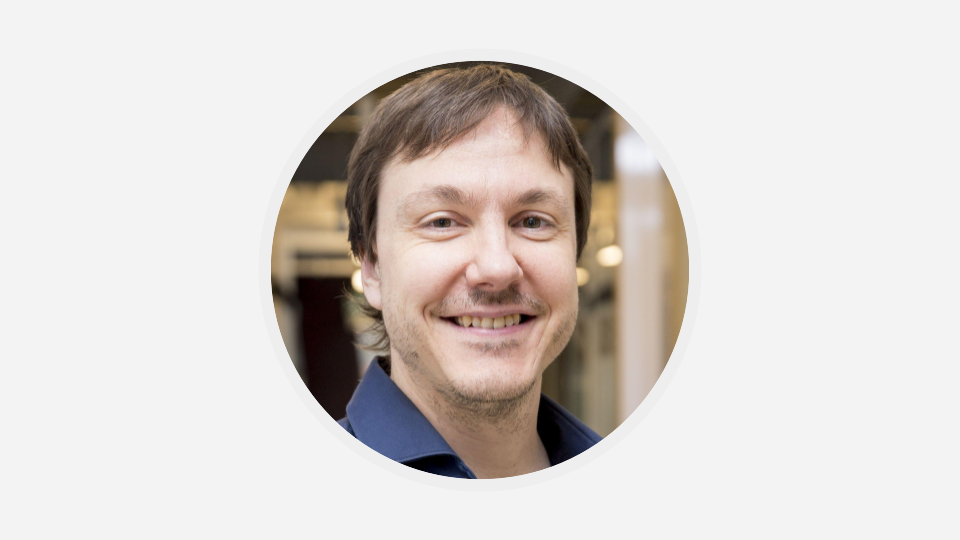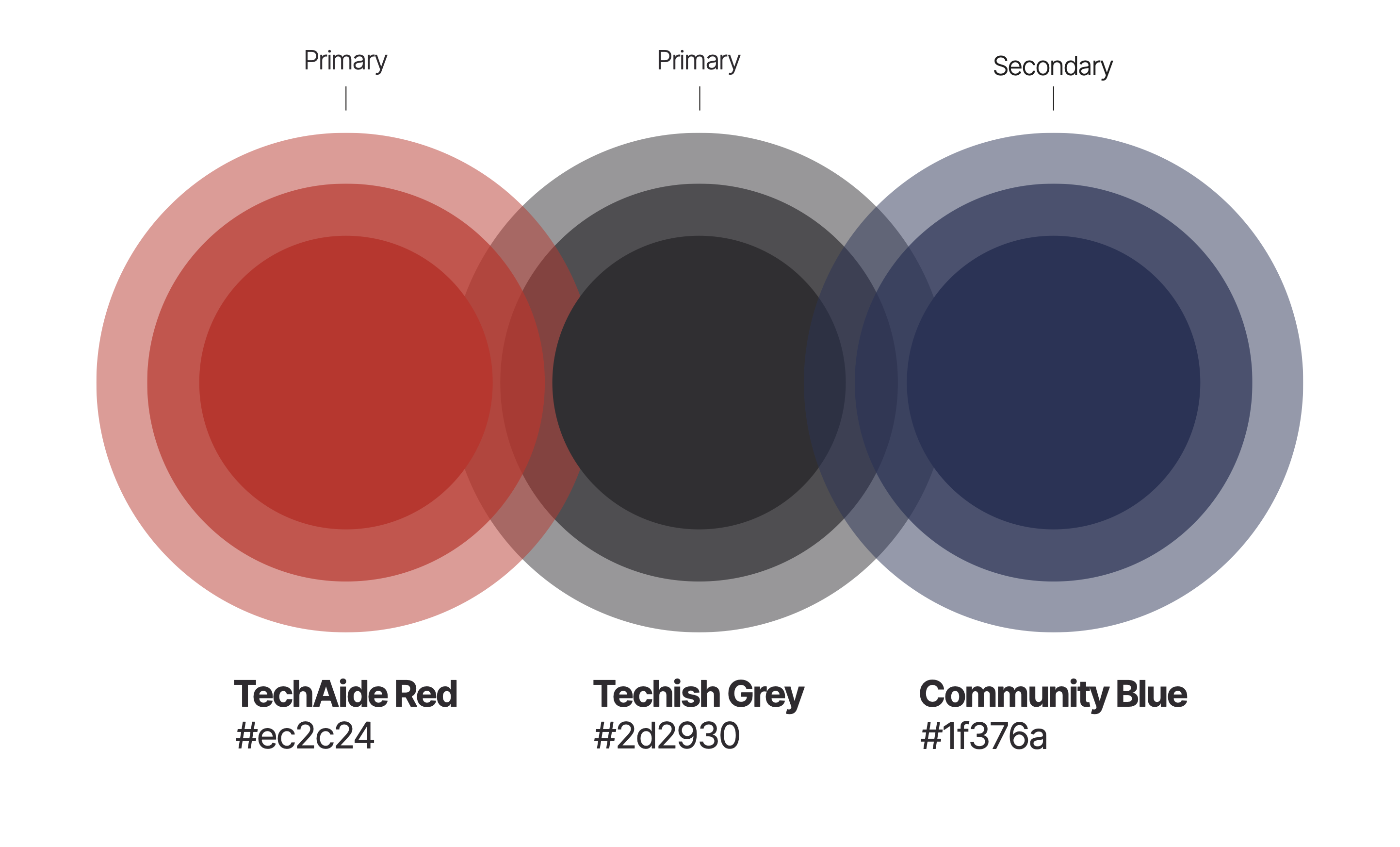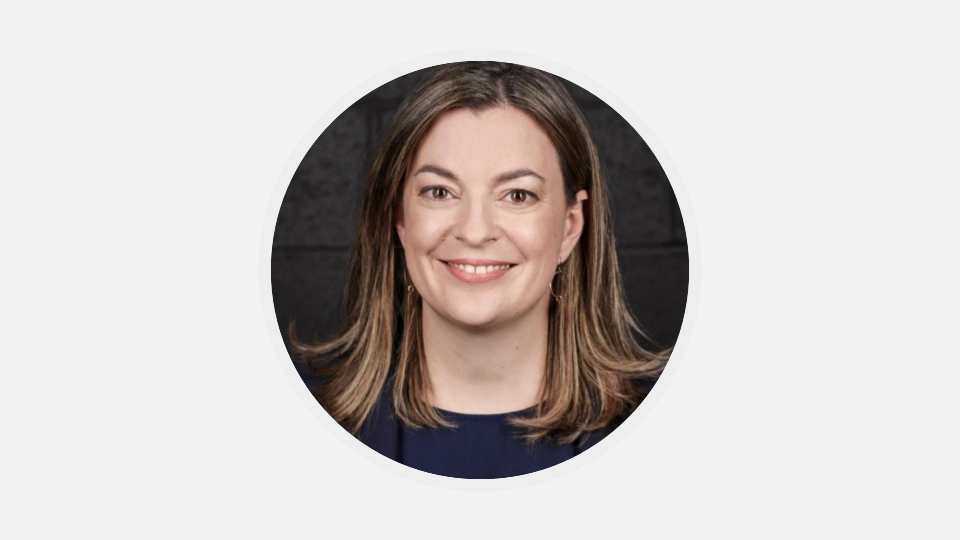Interview
Simon Lacoste-Julien on more equity in machine learning and in our community
Today we meet Simon Lacoste-Julien, co-founder of MILA, the Quebec Artificial Intelligence Institute, associate professor at the University of Montreal and Vice President Lab Director of the Samsung Advanced Institute of Technology (SAIT) in Montreal. Simon shares with us the journey that led him to become one of the world’s leading references in machine learning and yet left him time to become a TechAide Leader.
What are the key moments in your life that led you to become interested in machine learning?
I’ve always been very curious, interested in many disciplines. This is why I studied a triple major (math, physics and computer science) as an undergrad at McGill. And if I could have added philosophy, biology, etc., I would have… I took an introduction to artificial intelligence course at McGill taught by Doina Precup and really liked it. I loved the multidisciplinary nature of it.
This is why when I started my Ph.D. at UC Berkeley in computer science, I decided to specialize in machine learning, because it enabled me to combine my love of mathematics and computer science with many other disciplines like neuroscience, physics, engineering, biology, etc. It also helped that the person who became my Ph.D. advisor Michael I. Jordan, a well-known figure in machine learning, was highly recommended by Doina.
How does your interest in philosophy influence your research in machine learning?
In the early years of my career, it did not influence much my research. My interest in philosophy (and politics) only meant that I cared about a highly ethical approach to science, and I also tried to stay involved in the academic community to improve things (for example, improving diversity; or improving the academic reviewing process).
Now that machine learning has so many more applications in society, ethical questions are becoming much more prevalent in the research community. Given my interest in philosophy, I naturally also started to include some of these questions in my research program. For example, how to make these machine learning algorithms more “fair”, what does it mean, and how can you certify it? Another aspect is how to make our models include a notion of “causality”, an important concept in the philosophy of science. I have to mention that these interests first stemmed from my students and post-docs, who inspired me to move in new directions!
What applications of artificial intelligence can have a positive impact on our community, both locally and globally?
I think that machine learning can have a lot of positive impact in healthcare, enabling personalized medicine, for example, which will be much more effective than the current naive treatments that we have.
It will also help us improve our scientific modelling of the world, helping with complex weather forecasting (or earthquake prediction) for example, or with applications in biology as already demonstrated by AlphaFold from DeepMind.
In 2020, you became a TechAide Leader to support Centraide’s actions in the fight against poverty and social exclusion in Greater Montreal. What motivated you to join TechAide?
Human solidarity is very important to me, and it breaks my heart that there is still so much poverty and inequality in this world. Centraide plays a crucial role in engaging the community and fighting against poverty and social exclusion. So when Hugo Larochelle approached me to ask whether I wanted to support TechAide, I enthusiastically said yes!
It is not always clear how we can help, but TechAide has allowed the tech community to come together and find ways to help a little in their own way. TechAide also plays an important role in raising awareness about these important problems in our local community, as well as the uplifting actions done by many organizations which could benefit from our support.
Of the 4.2 million people living in the Montreal area, more than 20% are affected by poverty. Do you think we have a role to play in improving the lives of these people?
Definitively (see above). I’m also a big proponent of the concept of universal basic income, which would hopefully alleviate most (but not all) of these problems.





